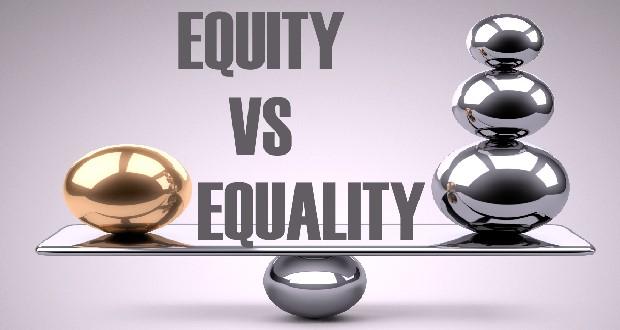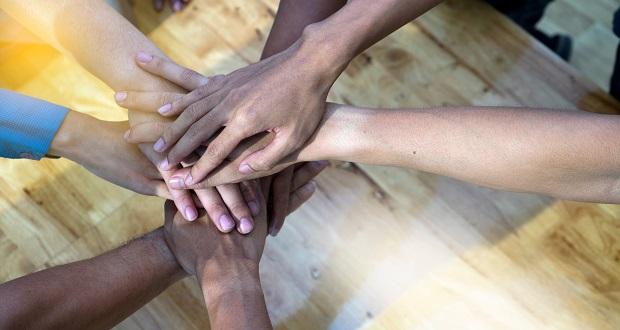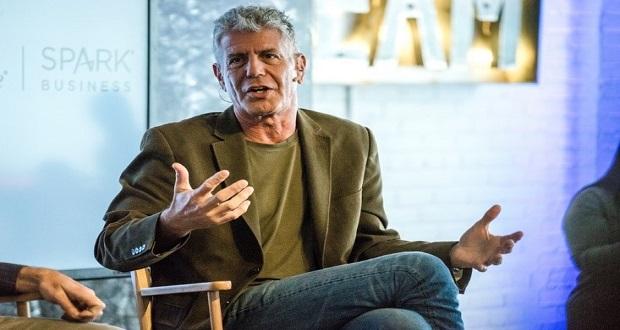A few weeks ago, we posted a piece on Equity vs Equality in the #StayWoke … Live Inclusively series that generated quite a bit of buzz. The idea that valuing sameness and meritocracy may not lead to the most inclusive behaviors or policies seems to have struck a chord. So, we’re going to dive a little deeper into this topic for this next series.
As defined by the Merriam-Webster dictionary, equality is:
the quality or state of being equal.
Another (legal) definition is this:
likeness or sameness in quality, power, status, or degree.
Equity, on the other hand, is defined as
justice according to natural law or right; specifically : freedom from bias or favoritism,
fairness or justice in the way people are treated, or
justice according to fairness especially as distinguished from mechanical application of rules.
At the core, the difference between equality and equity, then, is the difference between sameness and fairness. Equality does not require a “freedom from bias”; rather, it simply requires that people have the same amount of power.
However, due to bias and a lack of fairness, people too often do not, and cannot, have the same amount of power. If they do, it’s often only nominally or lacks widespread applicability. For example, although Barack Obama, a black man, became president of the United States and had the same amount of power as many white men before him, the plight of many black people in the United States suffering from unfair or oppressive systems did not change.
So, equality, in the sense that it is deeply felt and true across all lines of difference, is only possible after we achieve equity. It is only possible once we look past the ideal of sameness, past the “mechanical application of rules” that purport sameness as the goal or measure of success, and toward systems and societies that treat people as they deserve to be treated.
Companies, governments, school systems, and religious institutions are not wrong to want and hope for everyone to be treated equally, but often working toward such equality blinds us to the very obstacles that keep it out of reach—inequities.
This series will analyze various topics of national and global interest—technology, healthcare, corporate culture, religion, etc.—through the lens of equity and equality. What does equity look like in the context of these systems or structures, and is striving for equality actually a roadblock to fostering true diversity and inclusion?
Although we will largely be discussing systems, it is important to note that equity, like inclusion, begins within. It begins by asking these questions:
- What have I been taught, and what do I believe, about equality and/or equity?
- What do I think “fair” means? What does “sameness” mean?
- How do I treat people across lines of difference? (i.e. Do I attempt to treat everyone the same, or do I treat people differently, according to who they are and what they need?)
These questions are just meant for you to dip your toes into the ideas we will be discussing in this series. Stay tuned as we take a deep dive into the topics that form and inform who we are as a society.



















